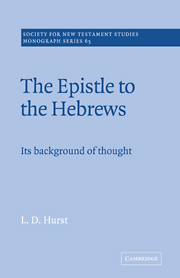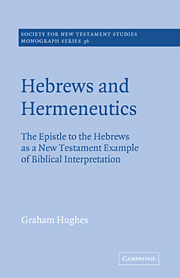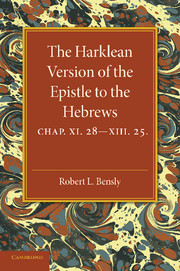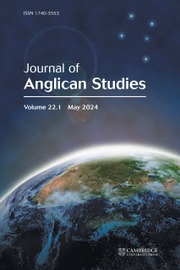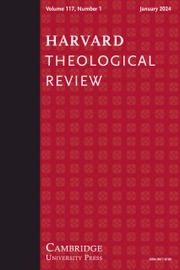The Epistle to the Hebrews
This work is a comprehensive treatment of one of the most intriguing questions of modern New Testament study: what kind of person could have produced the mysterious document known today as the Epistle to the Hebrews? While other studies of Hebrews have tended to focus either on the question of the identity of the writer and of the letter's recipients, or on individual issues such as the writer's view of priesthood, religious pilgrimage or christology, Dr Hurst provides the first work to explore in a comprehensive way the important question of what specifically identifiable milieus might have produced a document which for many people seems something of an alien presence within the New Testament. The book is organised around the widely differing backgrounds of thought which have to be considered - such as Platonism, the beliefs of the Dead Sea Sect and of the early gnostics (as well as those of St Stephen and St Paul) - and it explores in depth the major theological and philosophical problems faced by first-century Christians.
Product details
December 2005Paperback
9780521673402
224 pages
216 × 140 × 13 mm
0.29kg
Available
Table of Contents
- List of abbreviations
- Preface
- Introduction
- Part I. Non-Christian Backgrounds:
- 1. Philo, Alexandria and Platonism
- 2. Qumran
- 3. Other non-Christian backgrounds
- Part II. Christian Backgrounds:
- 1. The Stephen tradition
- 2. Pauline theology
- 3. First Peter
- Conclusion
- Notes
- Bibliography
- Indexes.

